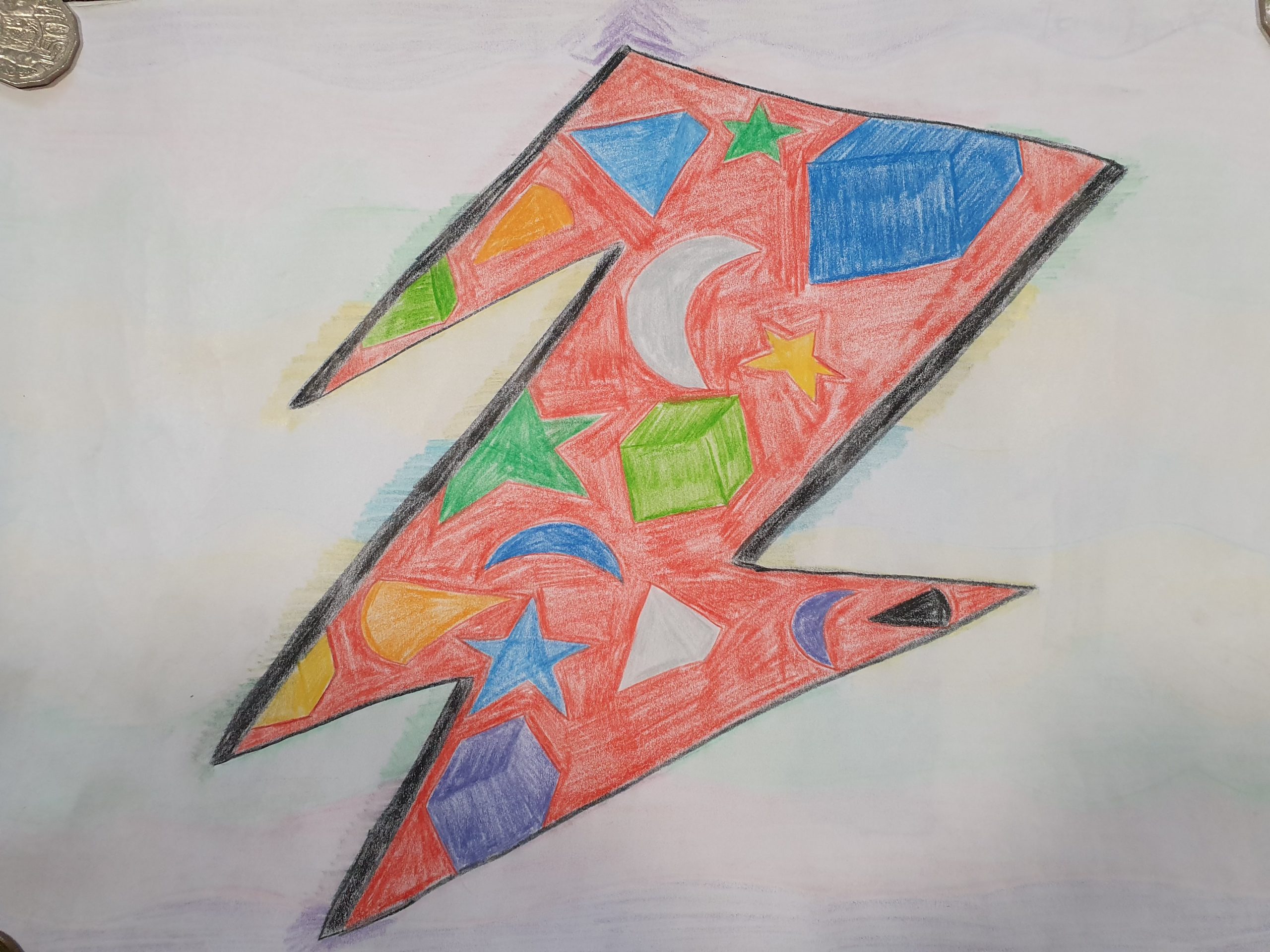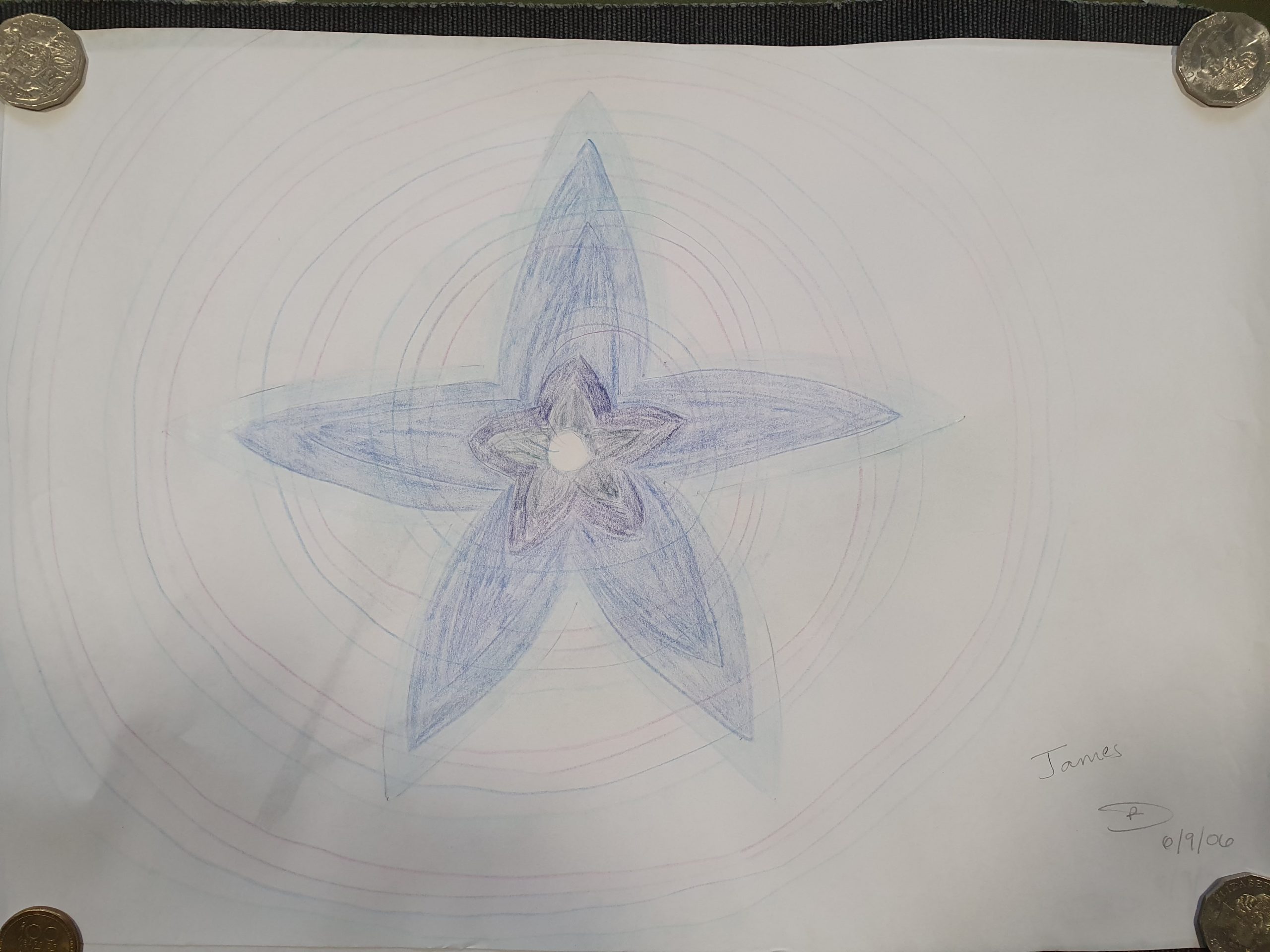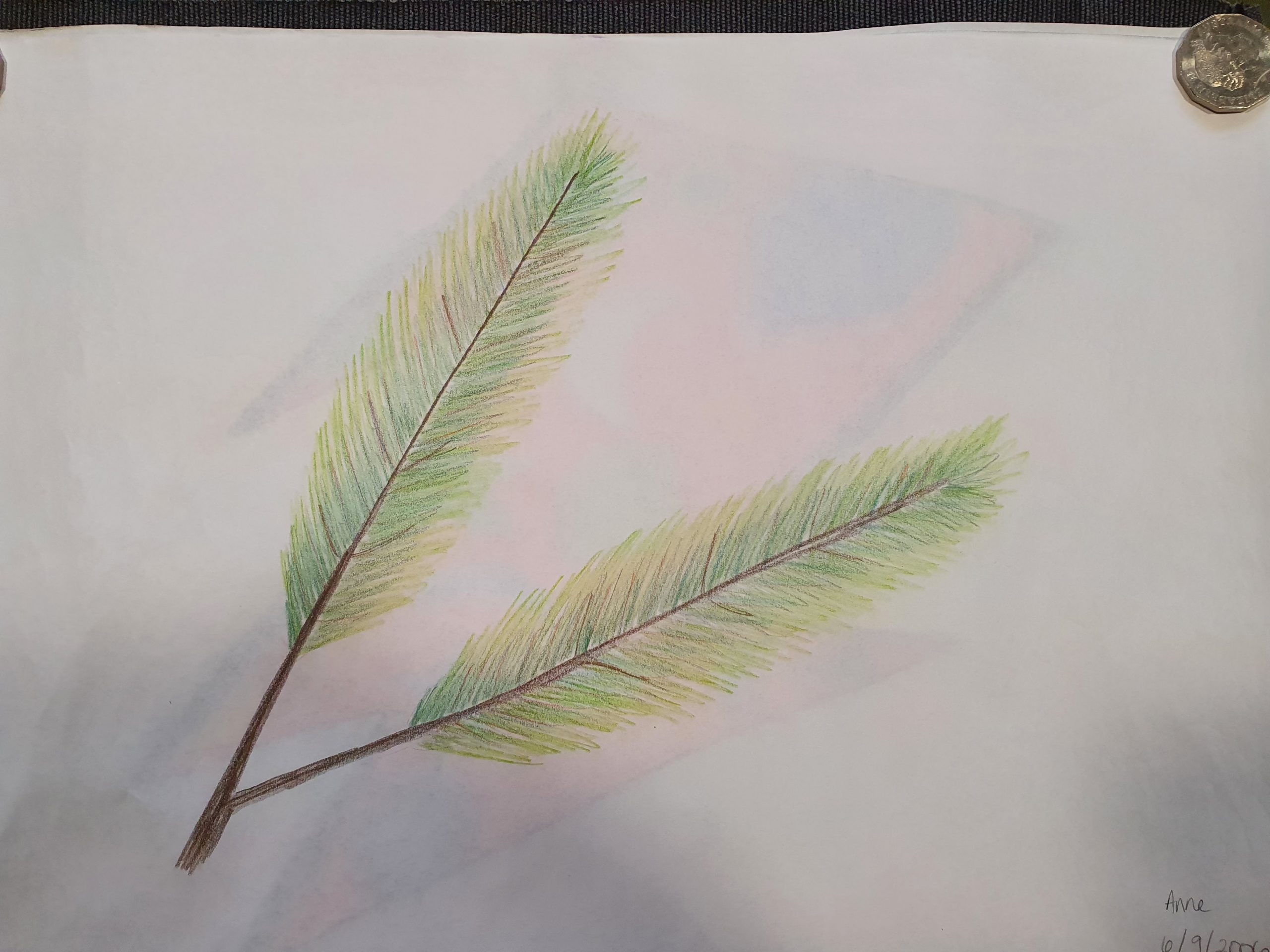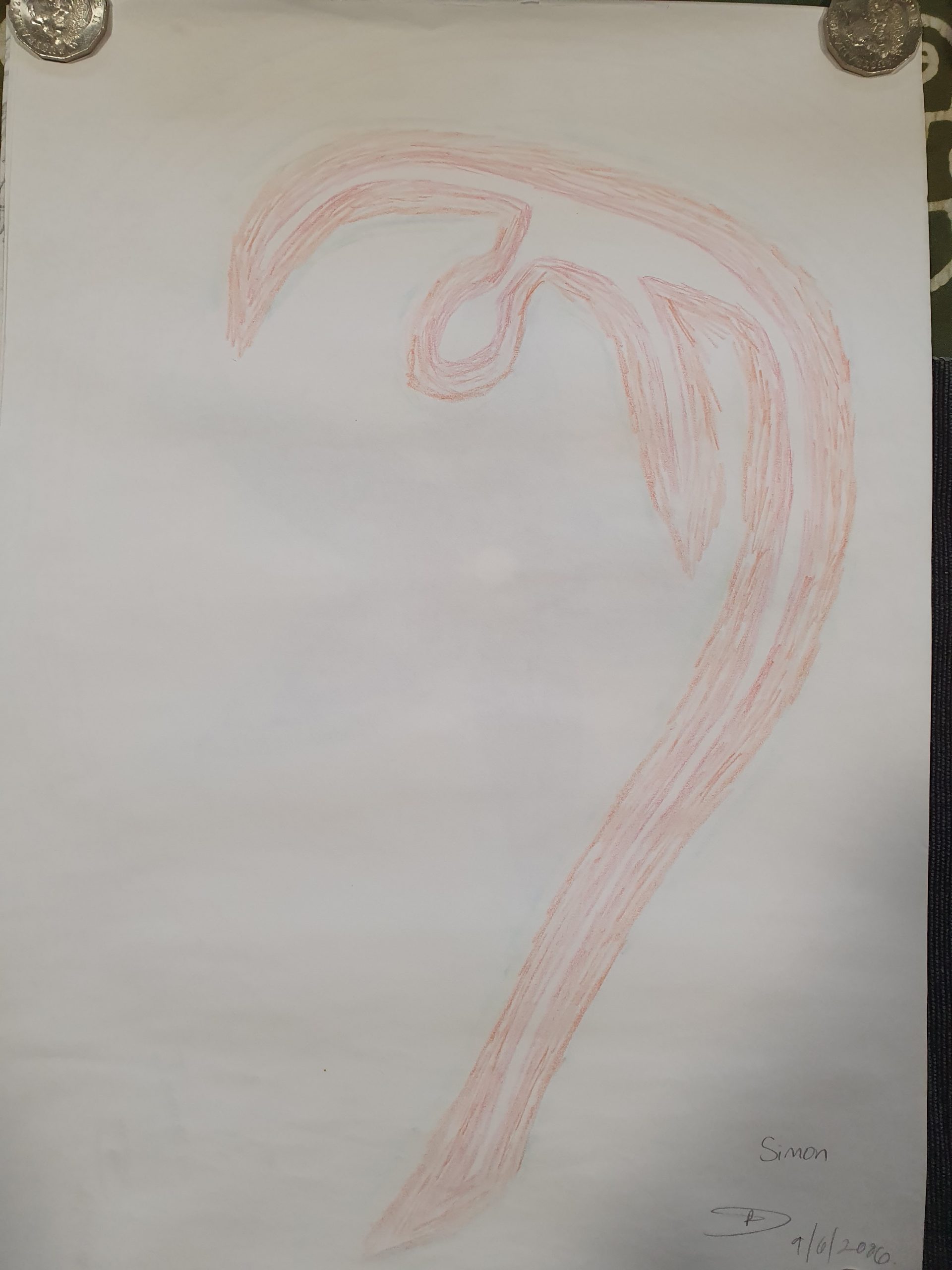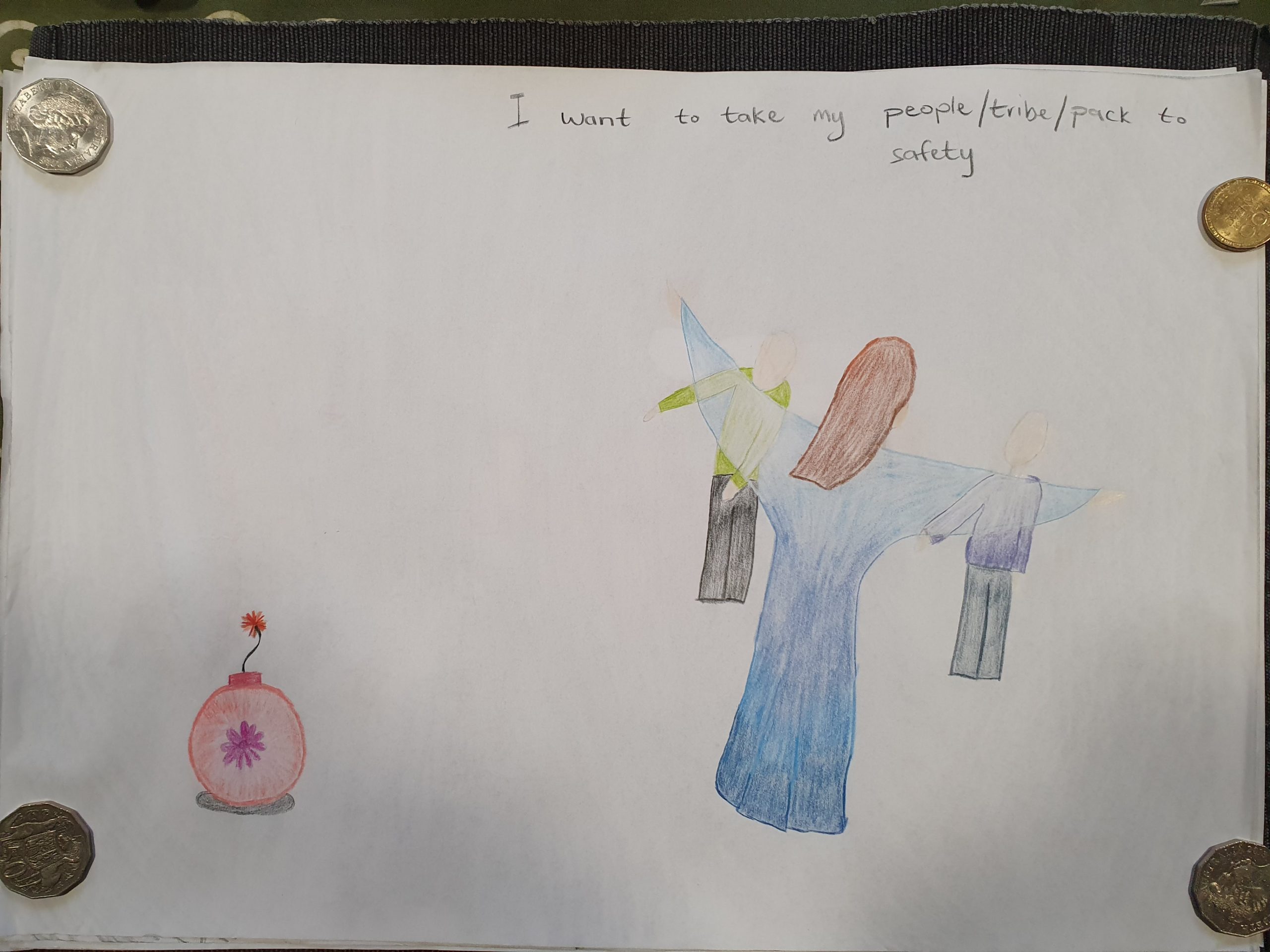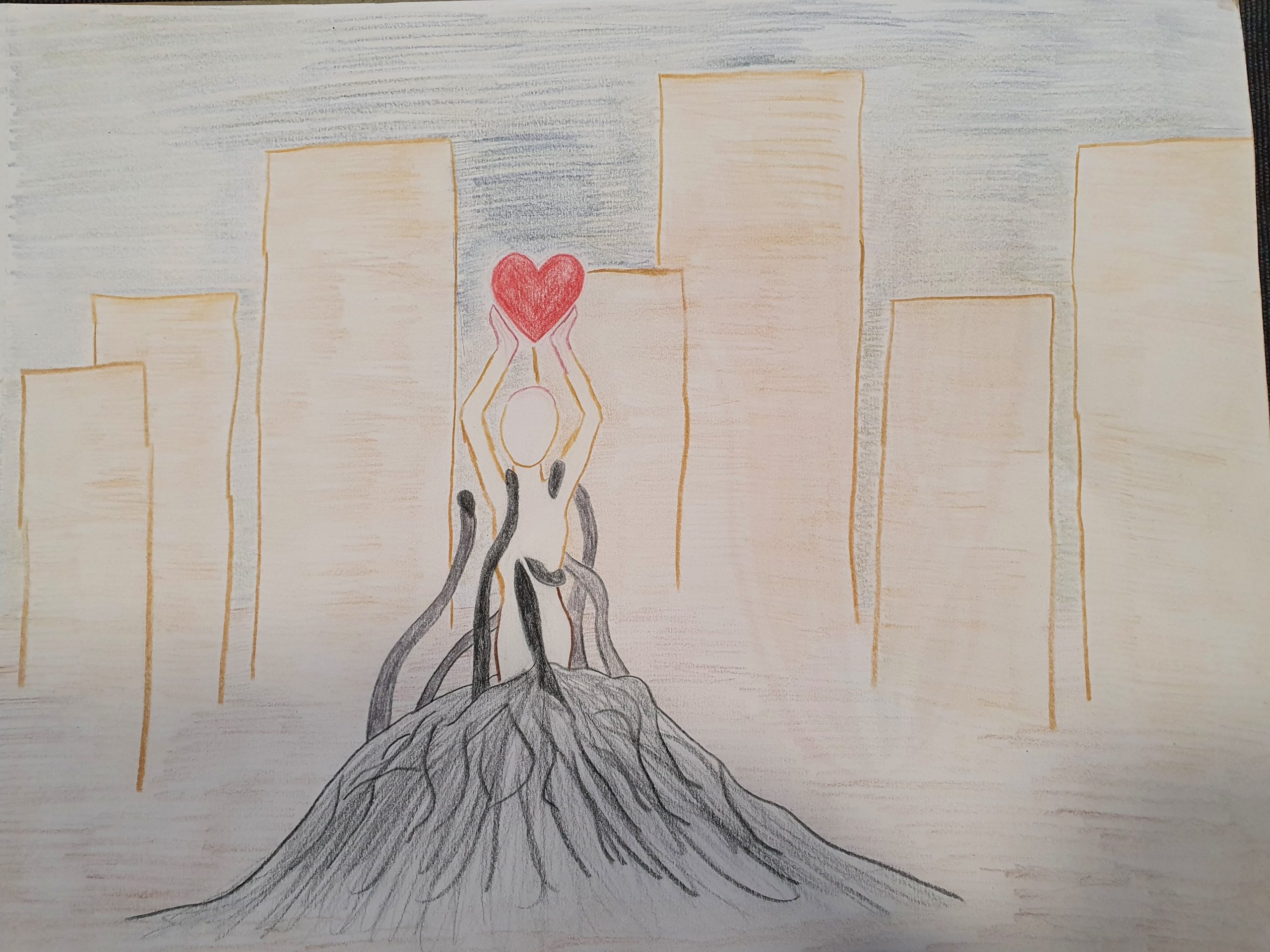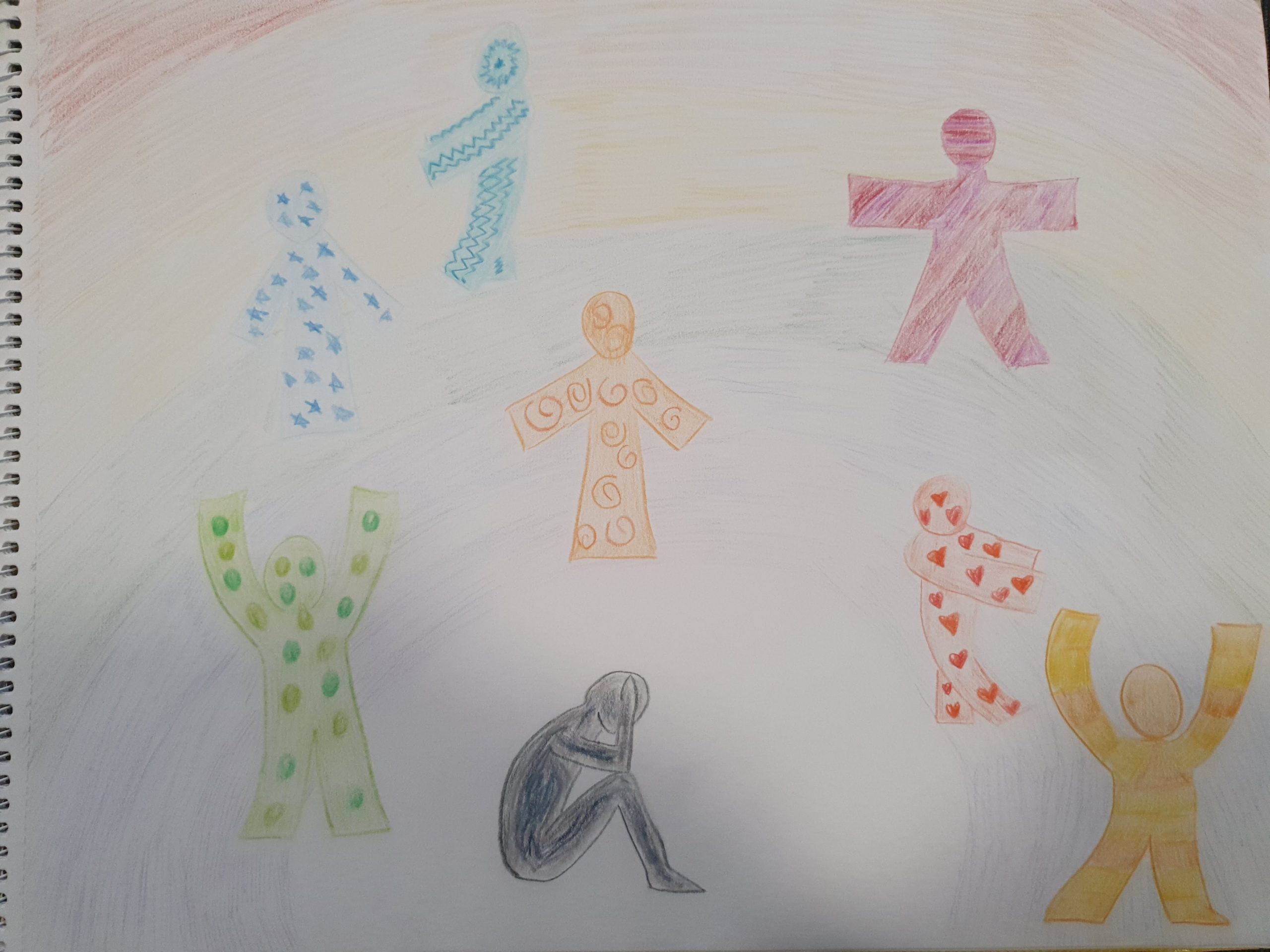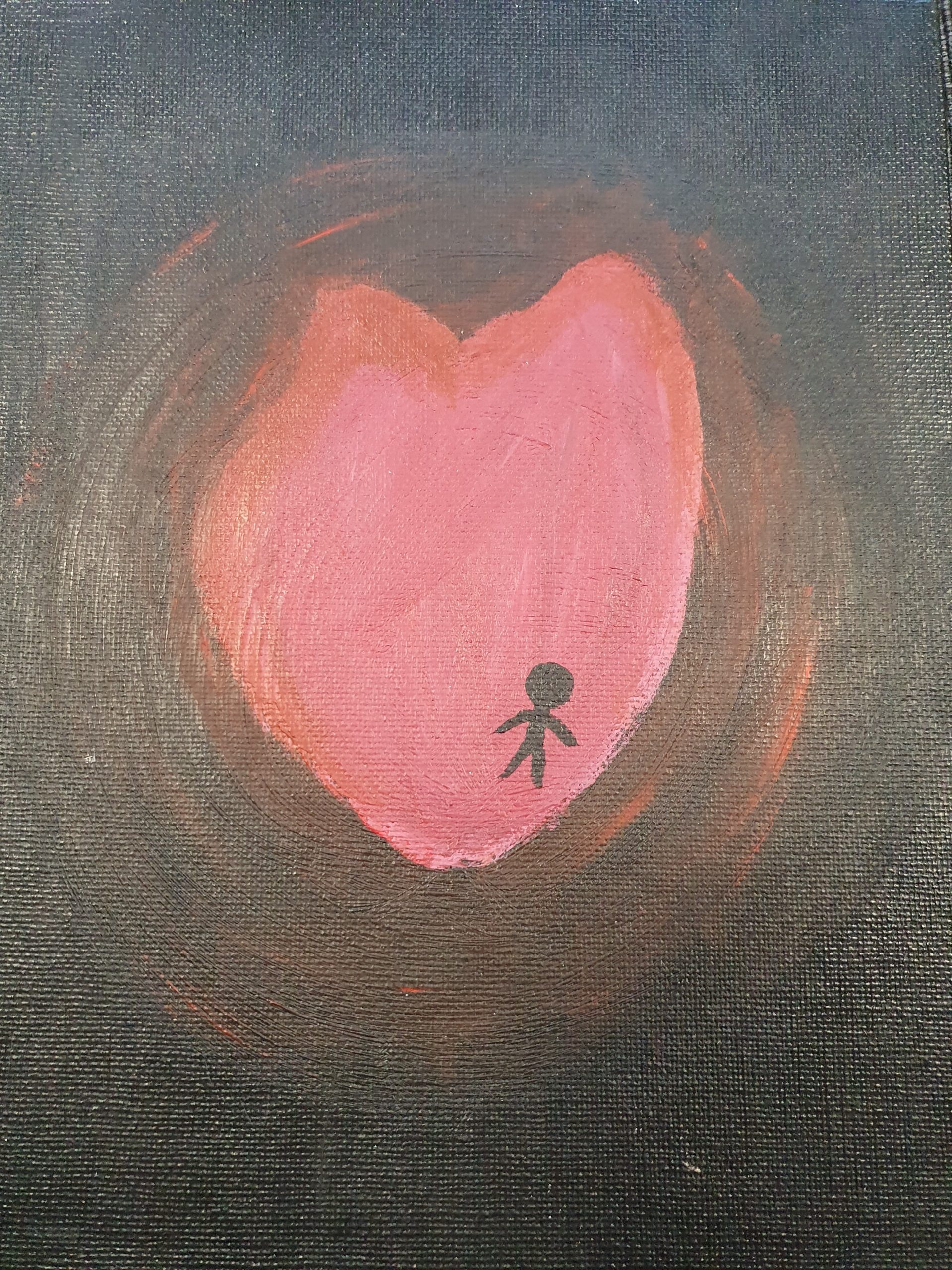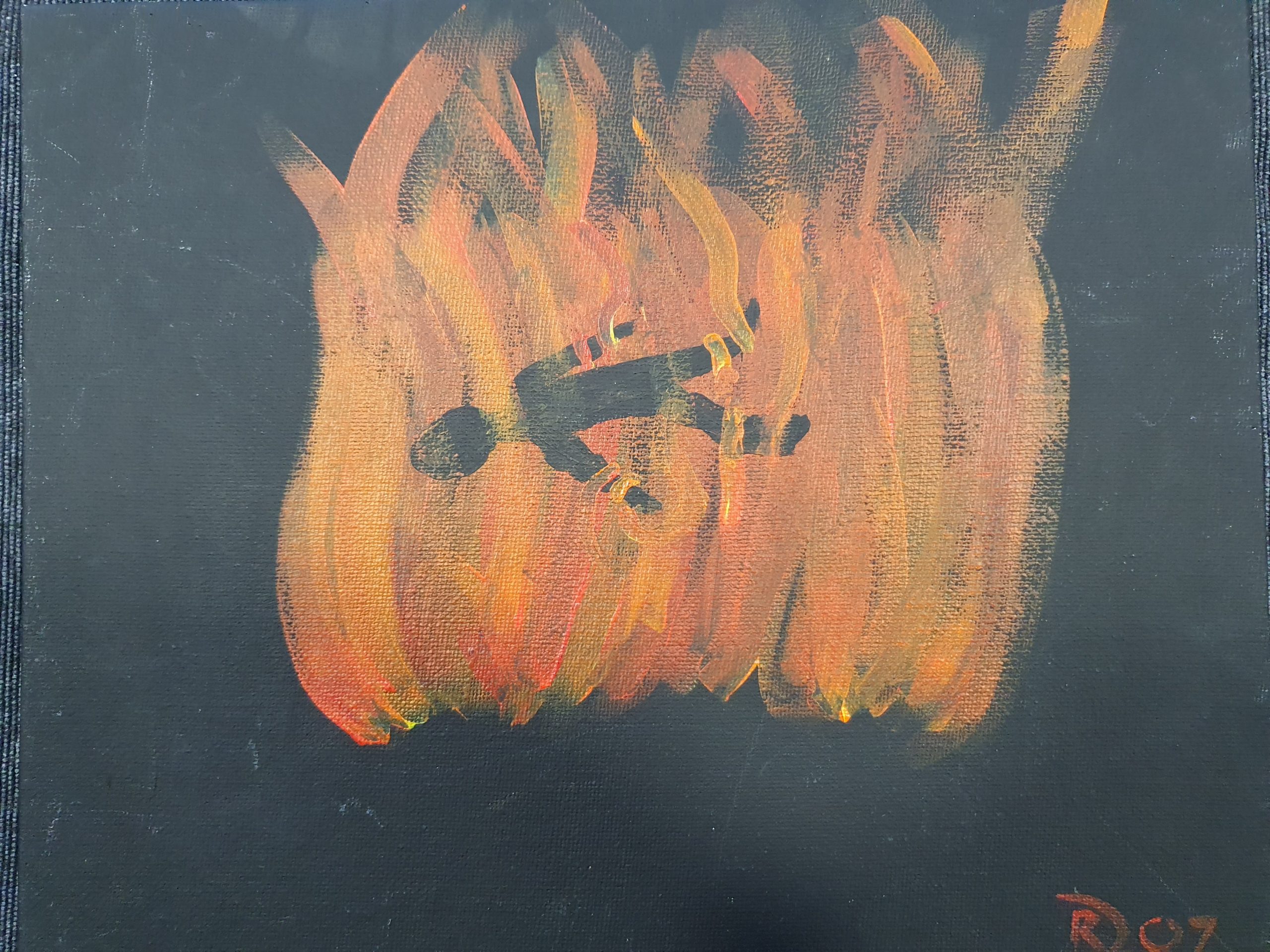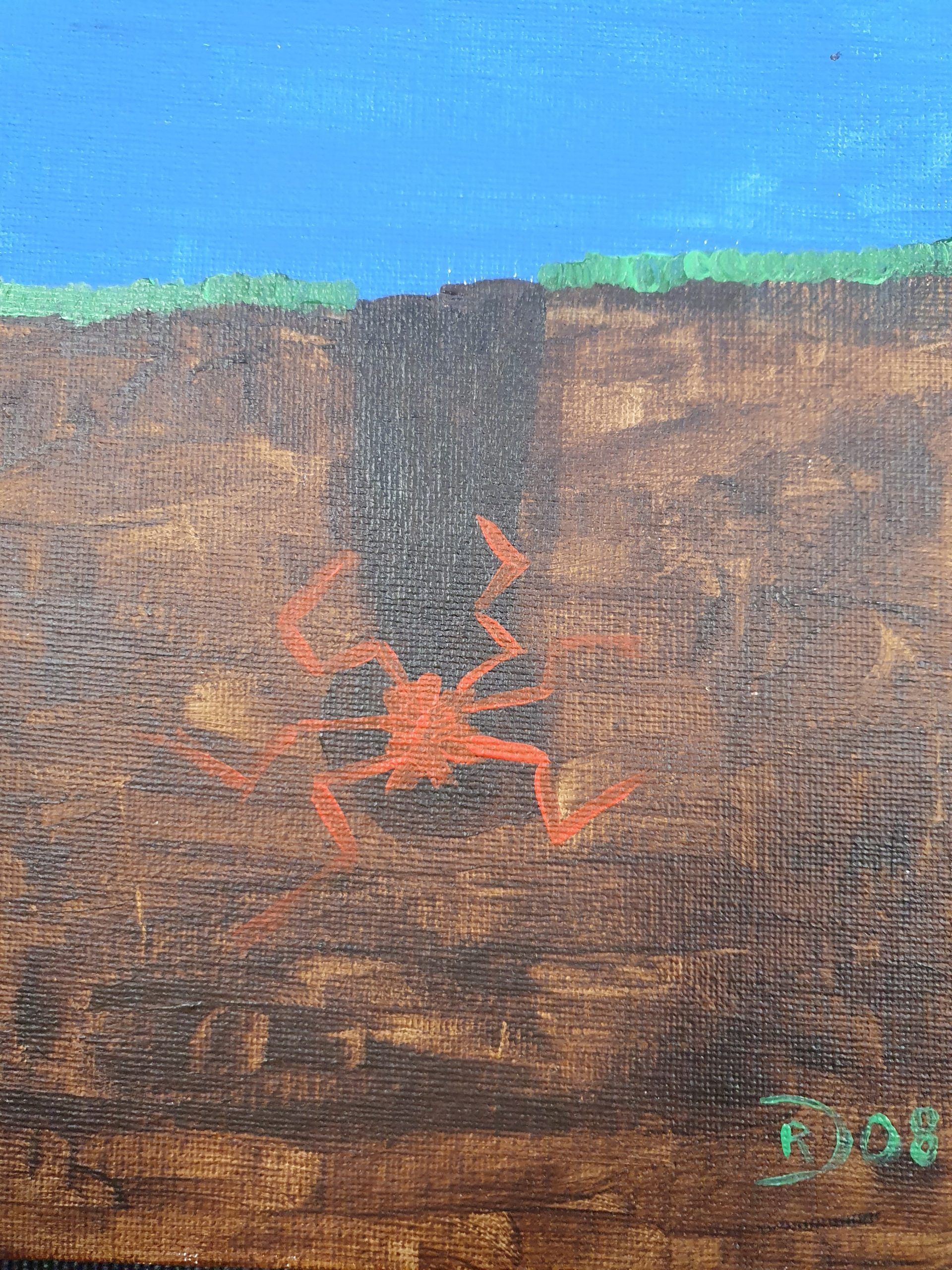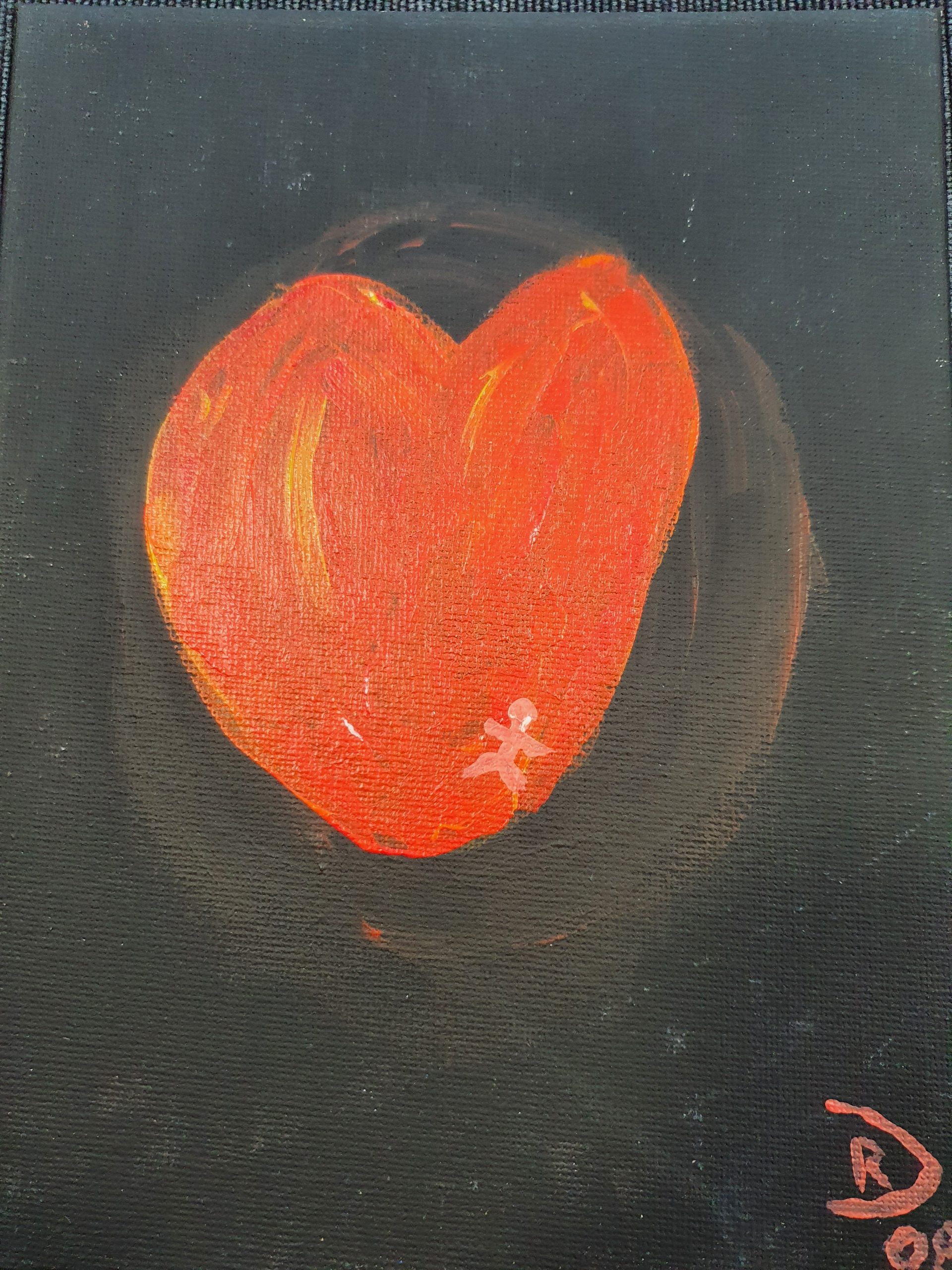I woke up this morning thinking of the phrase “you are bad and you should feel bad” which is often bandied around the place, and how insidious it is as an instruction to self loath ourselves when we don’t live up to our values, make a mistake, or be human in any way. And yes, I am speaking for the general population here, because the people who are bad, well they don’t feel bad at all.
Let’s look at some truly bad people you know don’t feel the remotest bit bad (a non-exhaustive list):
- Elon Musk
- Donald Trump
- Jair Bolsonaro
- Giorgia Meloni
- Nigel Farage
- Posie Parker
- Gina Rinehart
- Katie Hopkins
- Rodrigo Duterte
- Millionaire religious leaders
I could keep adding to this list, but that’s not my point. All these people are bad (no, this is not a topic for debate) and they don’t feel even the slightest bit bad. They revel in their awful view of the world, in treating other people as less than them, and/or in making the world an objectively worse place in order to enrich themselves or for kicks. You’re not like that.
You feel bad about something you did or something that happened to you. The fact that you feel bad indicates that you are not a bad person. Bad people don’t feel bad about the shit they do or that happens to them (often because they’ve insulated themselves against bad shit happening to them through money or other methods). Feeling bad demonstrates that you have empathy, an internal value system, emotions, and an ability to consider what is right versus what is wrong.
And yes, it isn’t pleasant when you make a mistake or when you have done something that does not align to your values, but that doesn’t make you a bad person, it just makes you a person. Everyone else gets to make mistakes or have moments of poor judgement. If you can extend compassion to others who are feeling bad because they’ve fucked up in some way, then you need to try and extend that compassion to yourself. It is fucking hard work, but you are worth the effort.
And when bad things happen to you, you do not deserve them. The universe is a random event full or more random events. Bad things happening are part of that collection of randomness. Sadly fairness is a construct that we can aim to live our lives through, but that won’t stop bad random things happening to you. And some of us get more bad things happening to them than others, which is also unfair, but at no point does that make the person on the receiving end of bad things a bad person. Even when other bad people suggest that is the case.
So, please extend love, compassion and forgiveness to yourself, in the way that you do for other people. Feeling bad isn’t fun, but it is part of the experience of being a person. Being a person is hard sometimes, but without the collective of us, we wouldn’t get to enjoy friendship, love, fun, silliness and passion. Let the bad feelings pass and remember that you are not bad.

